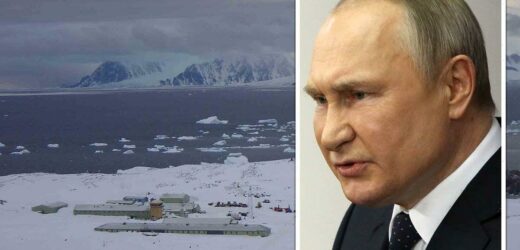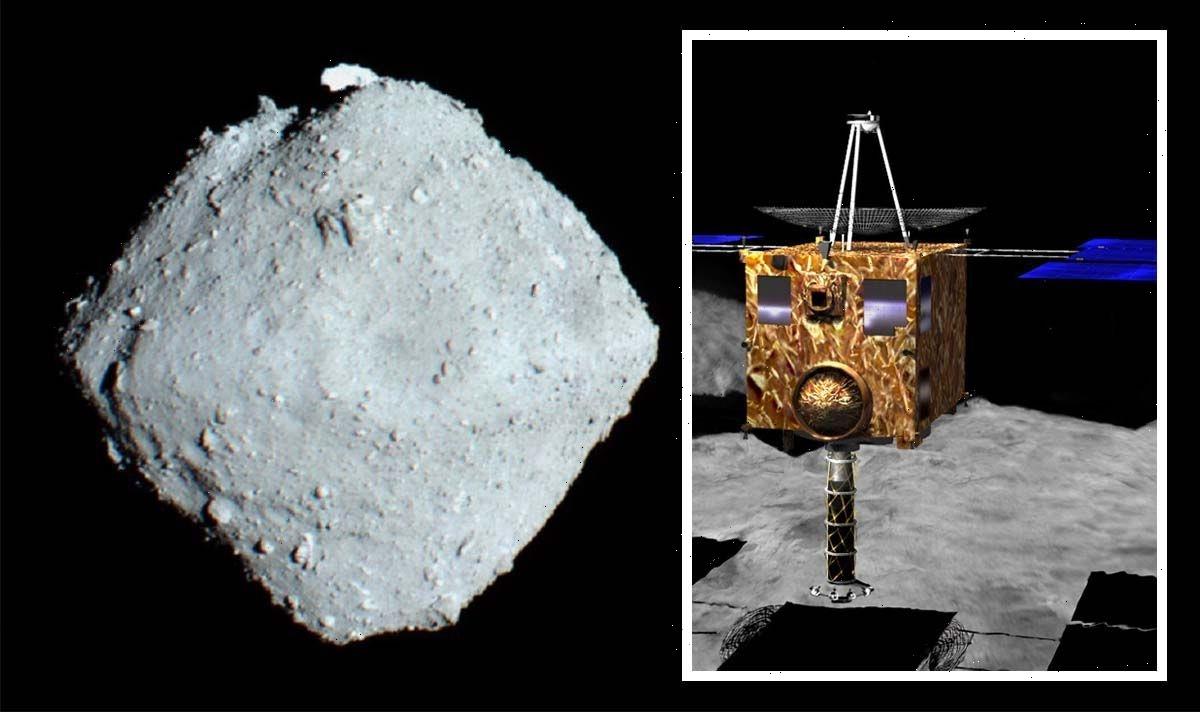Antarctica: Scientists set up station on the Whillans Ice Stream
We use your sign-up to provide content in ways you’ve consented to and to improve our understanding of you. This may include adverts from us and 3rd parties based on our understanding. You can unsubscribe at any time. More info
Activities on the southernmost continent are subject to the Antarctic Treaty System, which has been in force since June 23, 1961. This international agreement — initially signed by 12 nations including the UK, but now including a total of 54 parties — covers the entire area south of 60°S latitude. The treaty’s goals are to maintain Antarctica as a demilitarised space, ensure it remains free of nuclear testing and waste, promote scientific cooperation, and to set aside all disputes over territorial sovereignty.
In total, there have been eight territorial claims made in regards to Antarctica by seven sovereign states, dating all the way back to the early 1900s.
The nations with established — and in some cases, overlapping — claims are Argentina, Australia, Chile, France, New Zealand, Norway and the United Kingdom.
The United States and Russia, meanwhile, both maintain that they have reserved the right to make claims on the southernmost continent.
There has also been speculation that other nations, including Brazil and Peru, may also file claims in the future.


The oldest formal territorial claim to Antarctica was made by the United Kingdom in 1908, via the Falkland Island Dependencies Letters of Patent.
This declaration — reportedly made to better regulate and tax the whaling industry — also incorporated a number of islands in the south Atlantic and Southern Oceans, including South Georgia, the South Sandwich Islands and the South Orkneys.
In 1917, the wording of the claim was revised to unambiguously include all of the territory lying in the sector stretching to the South Pole — thereby covering the entirety of the present-day British Antarctic Territory, which was officially formed in 1962.
Britain’s claim to Antarctica — as with the six other existing claims — is held in abeyance by the Antarctic Treaty System.


But geopolitical expert Professor Klaus Dodds of Royal Holloway, University of London told Express.co.uk that the maintenance Treaty System is dependent on continuing consensus
This has been made more challenging by spillover from Putin’s invasion of Ukraine, which has resulted in a worsening of trust between Russia and the other Antarctic Treaty parties.
Prof Dodds said: “How do you ensure the continuation of consensus when you find one party’s behaviour on the face of it deeply problematic, if not objectionable?
“Because if the system depends on consensus, then the last thing you want is a major party — and Russia is a major party — walking away from that system.”
DON’T MISS:
Octopus Energy steps in to save Germany from Russia clutches [REPORT]
Rolls-Royce ‘highly likely’ to provide the engines for AUKUS [INSIGHT]
Putin’s ‘glaring capability gaps’ exposed in ‘superweapons’ [ANALYSIS]

According to Prof Dodds, should Russia choose to abandon the Antarctic Treaty, it is possible that it might go on to establish a rival treaty system.
Such, he added, might potentially include China and perhaps India as its partners.
Alternatively, he said, Russia’s breakaway might trigger a territorial “free-for-all”.
In either case, Britain’s claim to Antarctica could easily come under threat.
Source: Read Full Article


